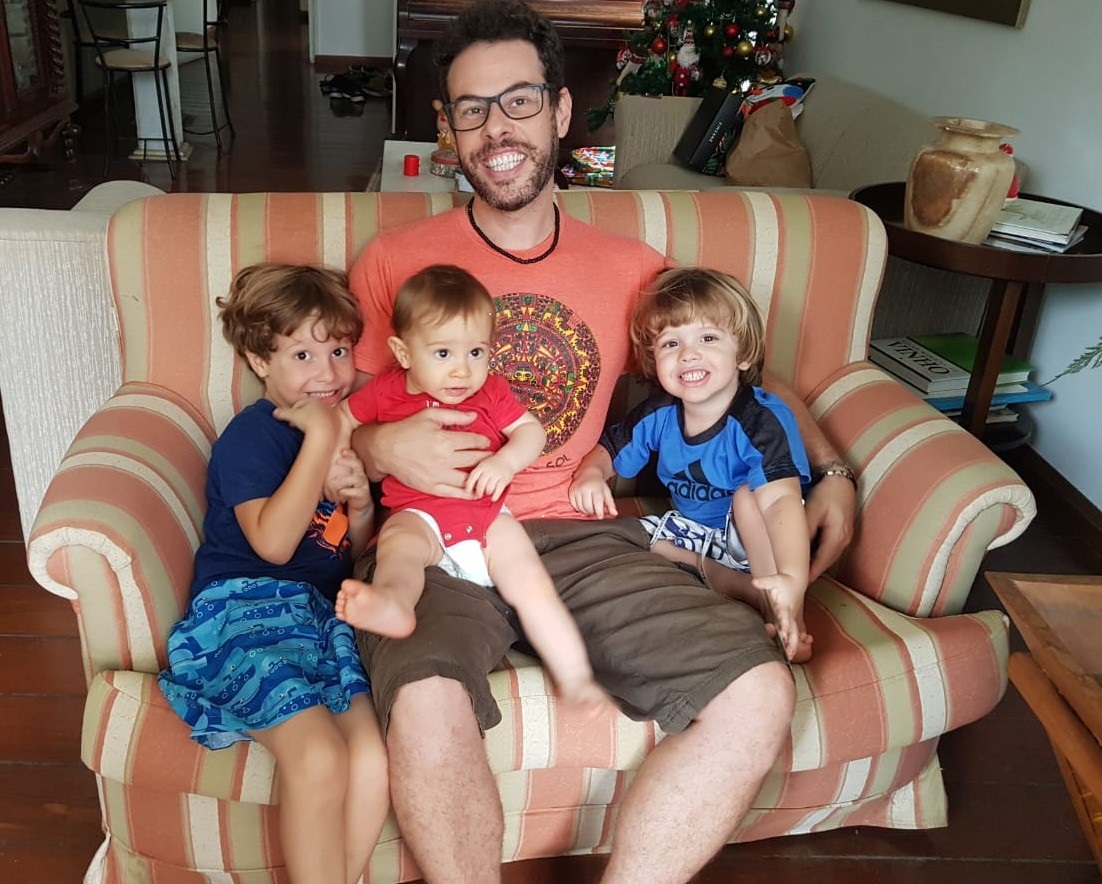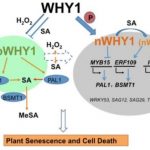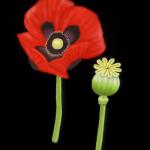Being an active dad has made me a better scientist
A guest post by Fernando Silveira.
My mind is still asleep but I hear a baby crying. I can’t tell the exact time, but it’s dark outside. It’s my shift to take care of our 5-mo old baby while my wife tries to get some rest. If things get too noisy, my other two kids sleeping in the next room may wake up, and we can’t risk having three kids awaken before sunrise. As my thoughts start to come around, approaching deadlines and tens of unanswered emails hit me in a wave of anxiety and frustration. I am sure I won’t finish that paper I promised to finish yesterday, and I will struggle to edit that paper for a special issue I am organizing. For a second, I think back on my life before kids. But the thought quickly vanishes away as I reflect on both personal and professional benefits of active childcare.
Having and raising kids dramatically affects one’s career, with disproportionately higher impacts on mothers. Reconciling parenthood with the multiple, and not rarely urgent, tasks involved in academic life is particularly challenging for women owing to unbalanced childcare responsibilities. But many years ago, I made a decision that I would not allow this to happen in my family. By prioritizing family over career, I live in hope that a balanced life and shared responsibilities of childcare have manifold positive outcomes. I am no longer able to attend meetings, do field work and travel as much as I once did. But apart from the infinite happiness of being a father, I have also discovered unanticipated professional benefits of an active fatherhood. I began to learn such valuable lessons six years ago, but they are now crystalized after the COVID-19 pandemic:
- Time effectiveness. Procrastination is (almost) not an option. I hadn’t realized how much free time I had until I became a dad six years ago. I still hadn’t realized how much free time I had, until the second kid was born. Now with the third one, I have to make most of my working load during my “new normal” schedule. I came to realize it’s possible to do better with less time.
- Having real holidays. I can’t remember having weeks off at grad school or during the first two years as a Professor. Now, I enjoy weekends, holidays and vacations which provide me with many benefits to my mental and physical health. I suppose many people underestimate the powerful benefits provided by resting during the weekends.
- Support and encourage my wife’s career. Childcare shouldn’t be a mother’s job alone. During the pandemic and despite being on a leave, my wife was able to submit a manuscript, a book chapter, to participate in a podcast on biological conservation, and managed to start her own poetry blog. My decision for active fatherhood may have decreased my productivity, but supporting my wife’s career benefits the scientific community and society in multiple ways.
- Dealing with Rejection. Reject is part of our daily routine. Having papers or grants rejected is no longer a big issue compared to child-related issues. No professional achievement can compensate for a personal failure.
- Getting creative. I refrain from using PowerPoint slides to educate students just as I avoid the TV to entertain my kids. Playing with the kids helped me to find new creative ways to engage students.
My three sons have redefined the meaning of life and love. But they have also shaped my working habits. The COVID pandemic further compromised my working capacity, but it has also allowed strengthening of our family bonds.
It’s 9 p.m., the kids are in bed and the house is somewhat clean and organized. Time to get some rest or to get some work done. I still haven’t decided what to do, but one thing I know for sure: embracing childcare responsibilities was the best decision I’ve ever done for both my personal and professional life.

Fernando Silveira is a professor of Plant Ecology at the Department of Genetics, Ecology and Evolution at the Federal University of Minas Gerais, Brazil. His main research interests are the ecology and evolution of seed functional traits and the ecology and conservation of open ecosystems. More recently, he has been investigating how knowledge on seed ecology can inform better restoration decisions in tropical grasslands and savannas. His lab webpage is www.leept.webnode.com and you can connect with him on Twitter at @FernandoAOSilv2.




Leave a Reply
Want to join the discussion?Feel free to contribute!